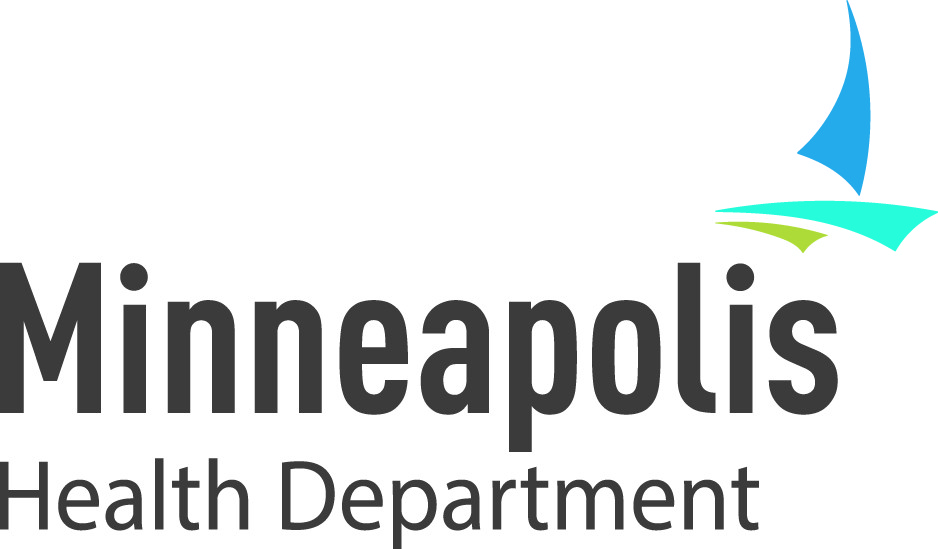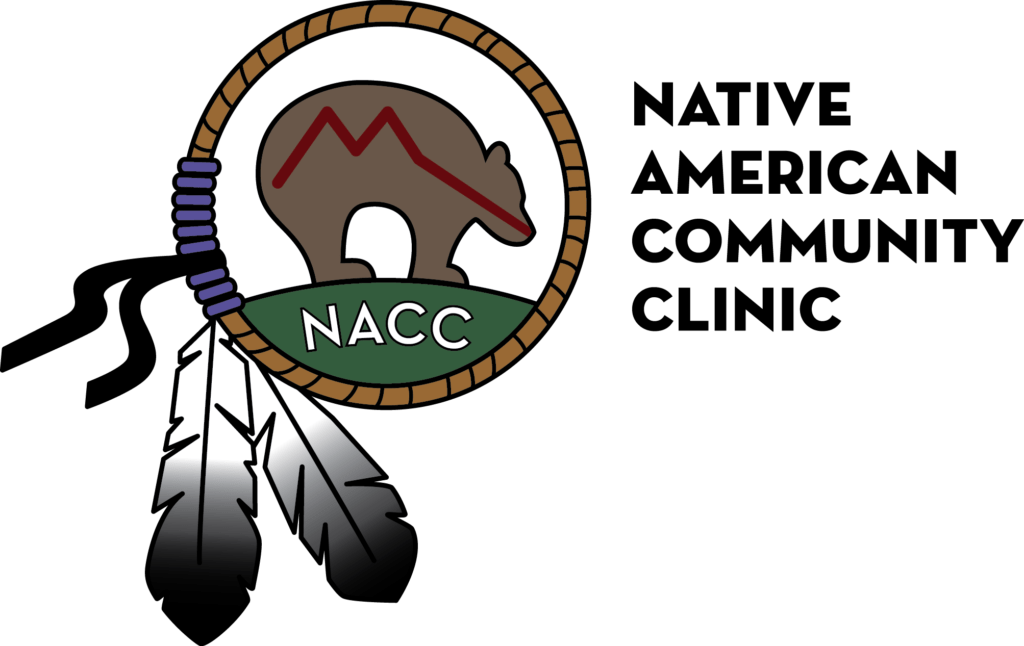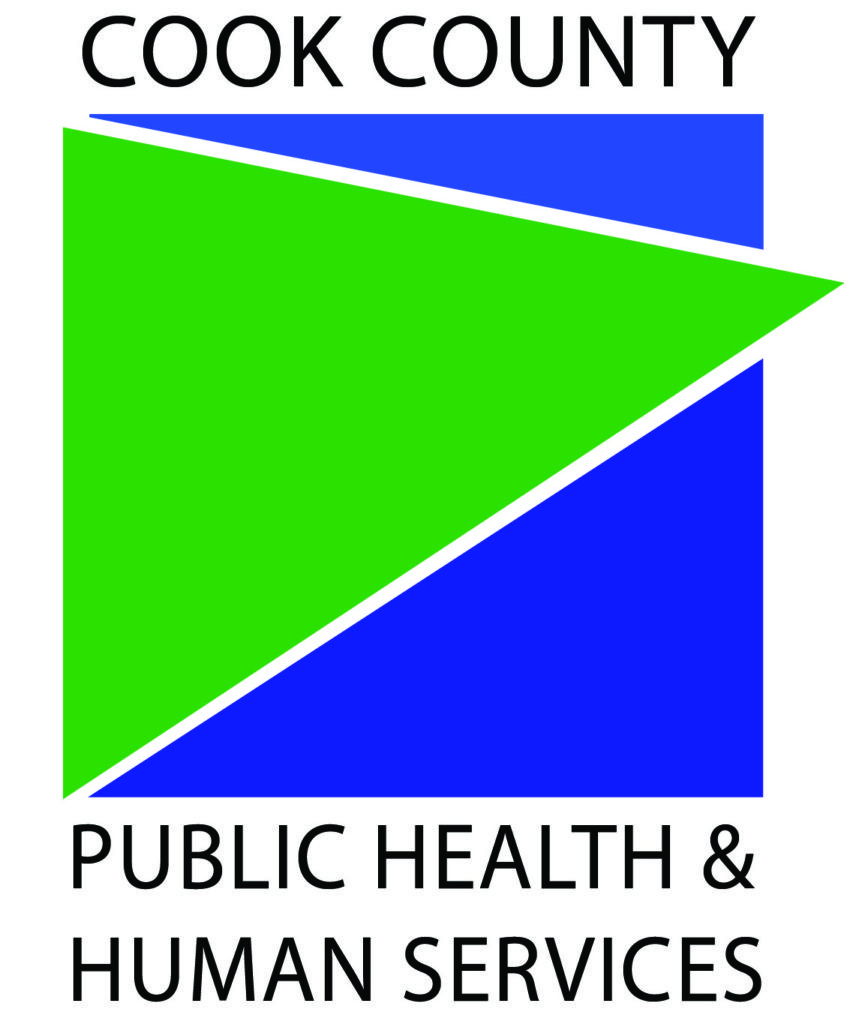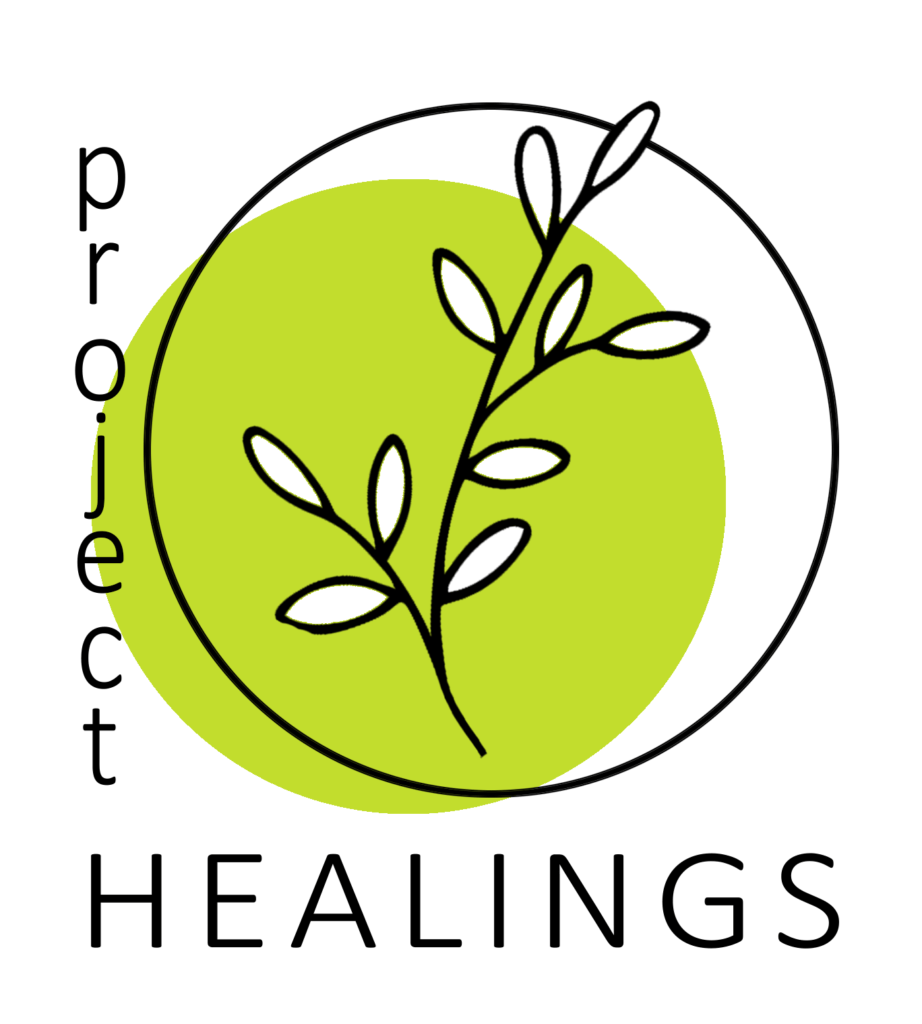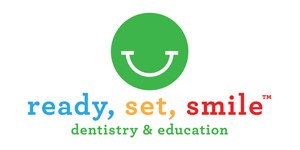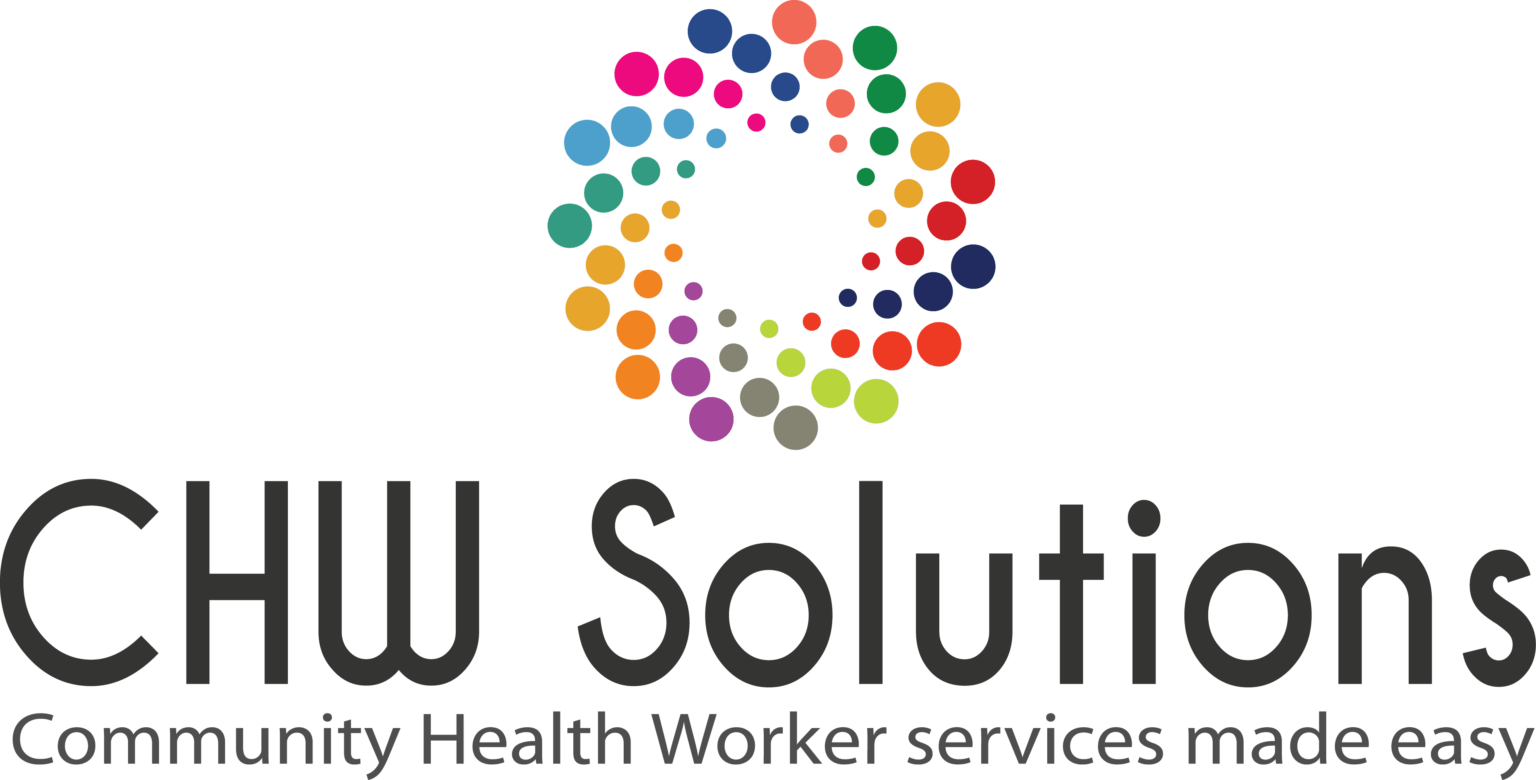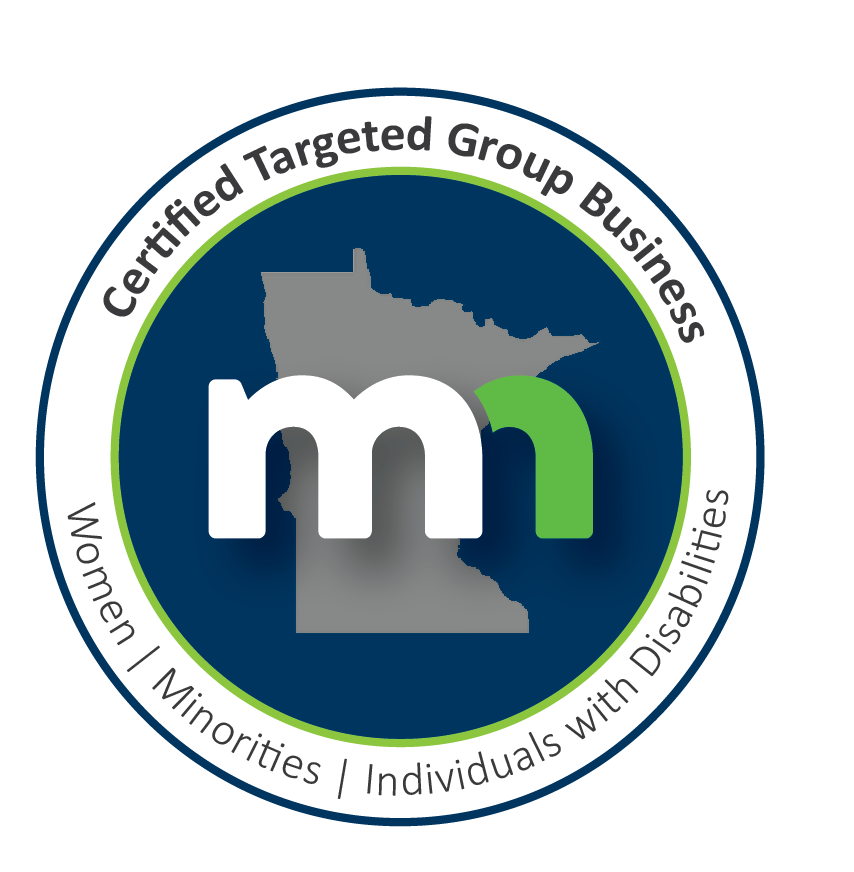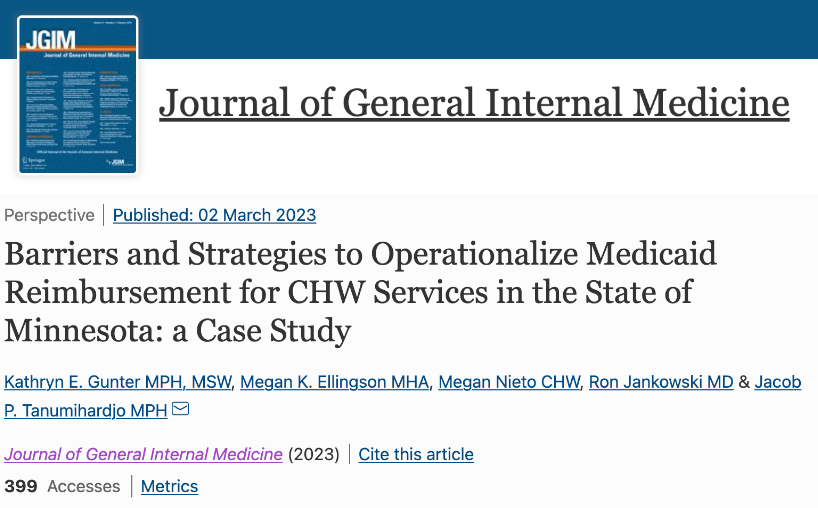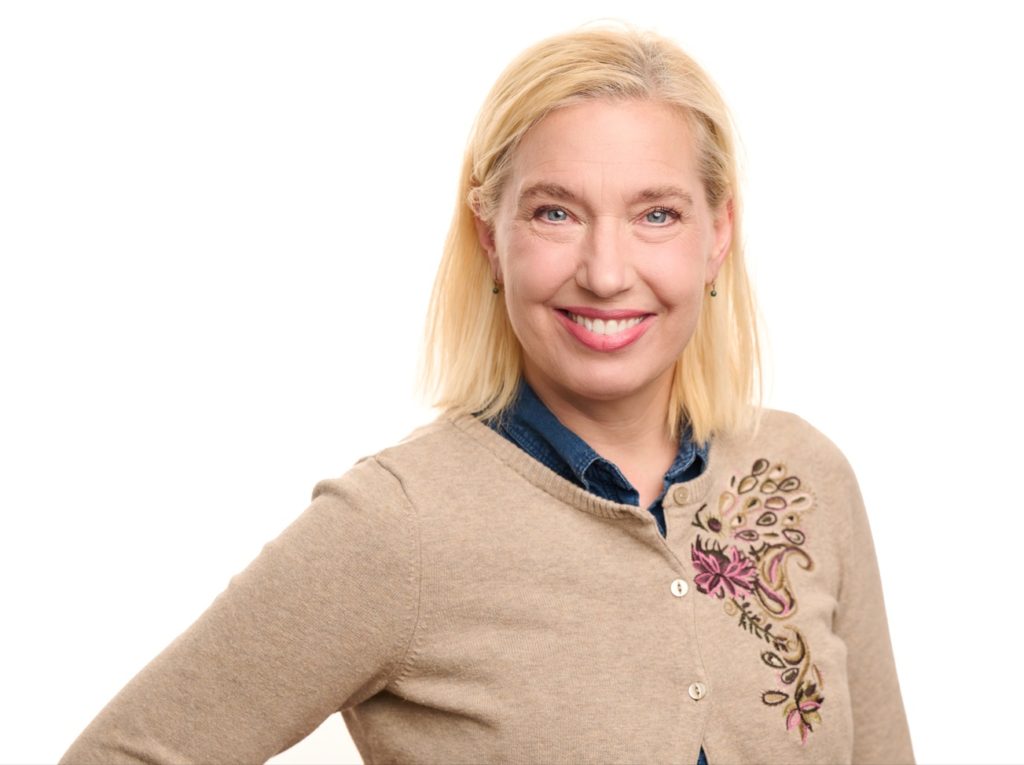Refugee Resettlement Program
A federally funded program in the Minnesota Department of Human Services that supports the effective resettlement of refugees in Minnesota
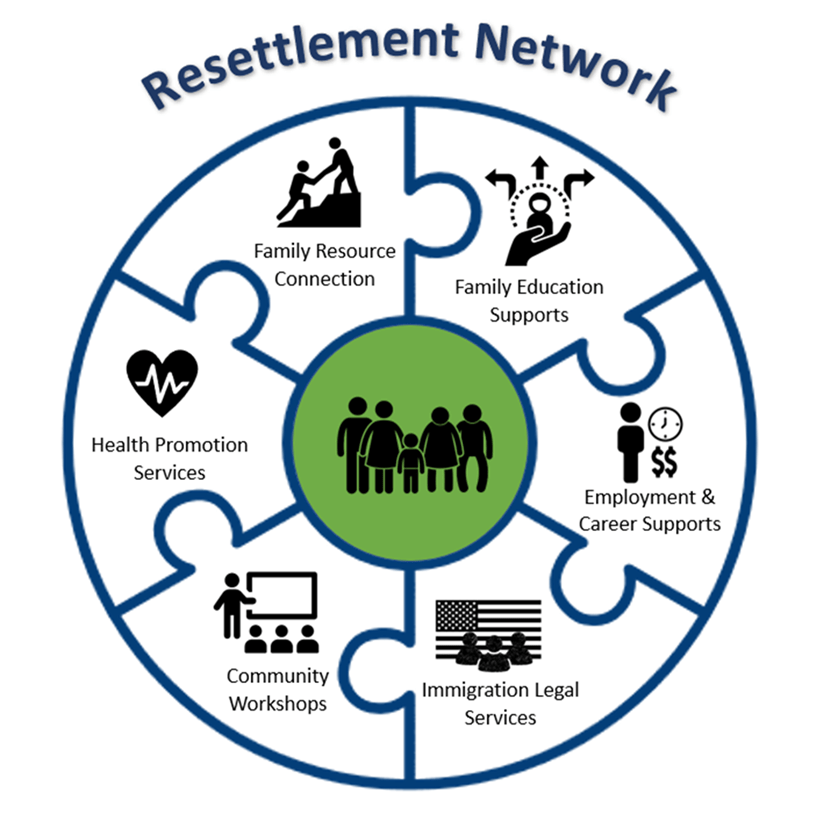
Refugee Resettlement Program
A federally funded program in the Minnesota Department of Human Services that supports the effective resettlement of refugees in Minnesota
Overview
The Refugee Resettlement Programs Office is a federally funded office in the Minnesota Department of Human Services that supports the effective resettlement of refugees in Minnesota, and ensures their basic needs are met so they can live in dignity and achieve their highest potential. This office ensures accessibility to mainstream programs for people with refugee status, distributes federal dollars to local agencies for supplemental services, and provides education and information about refugees in Minnesota.
Resource Links
Help Line Information
Help line #: 1-800-814-4806
The navigators speak English, Russian, Spanish & Ukrainian
Language line >190 languages
Email: dhs.rpo.helpline@state.mn.us
Updates
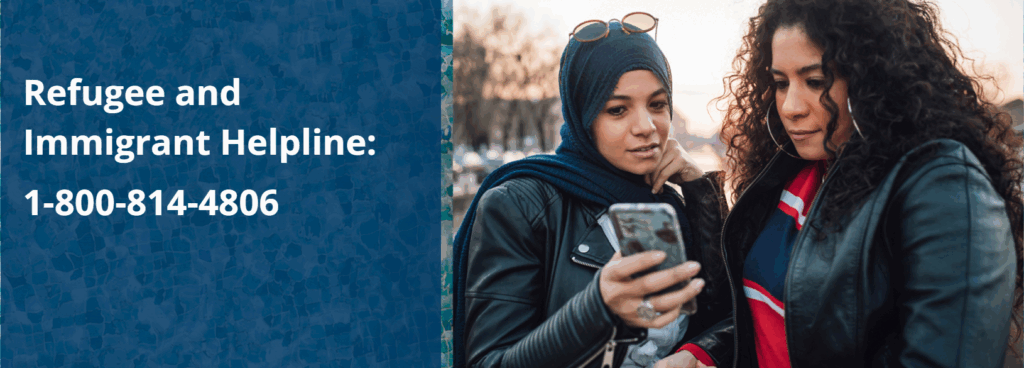
Refugee and Immigrant Helpline Evaluation Survey
Social Media – Facebook
Who are our refugee neighbors in MN?
View an interactive map that shows the number of people with refugee status who have arrived in Minnesota over time by their country of origin.
How we work with Refugees
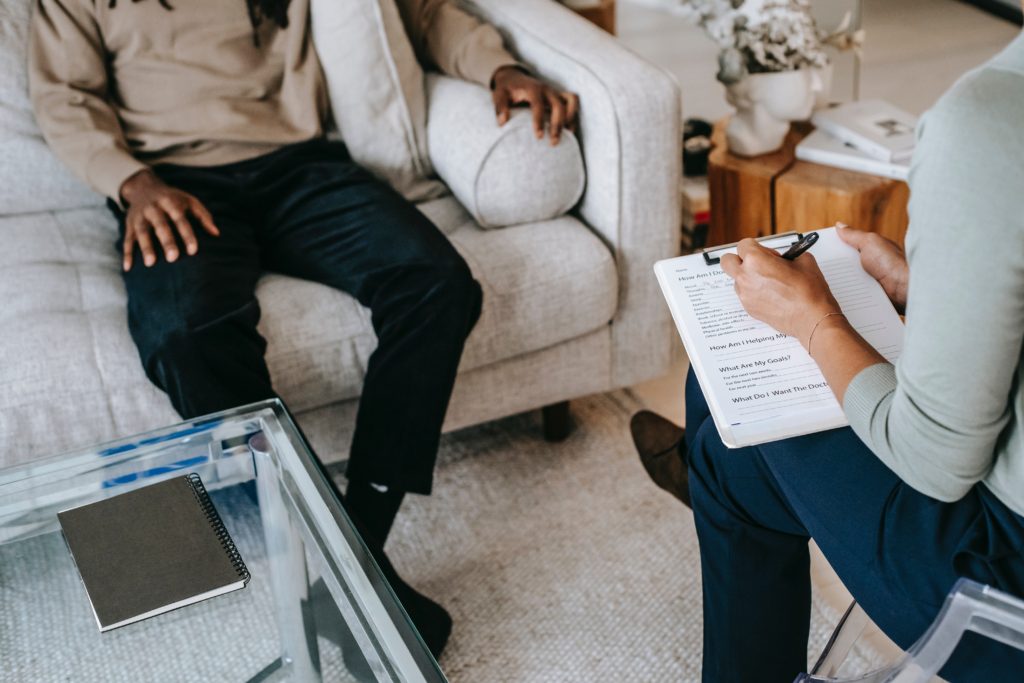
Health Education
Community Health Workers (CHWs) provide information about preventing and treating health conditions in partnership with patients’ health care teams. CHWs meet patients in their homes, at convenient places in the community, or over the phone, and spend time assuring refugees fully understand how to take care of their health needs.
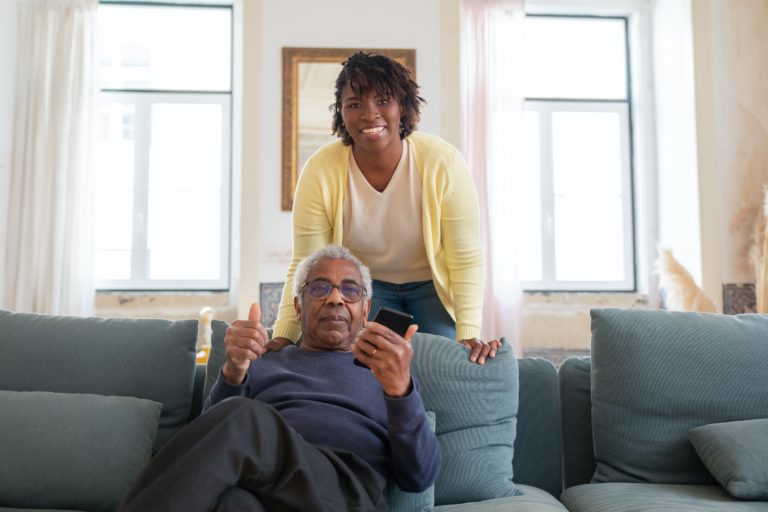
Self-management skills
Refugees with chronic conditions like asthma, diabetes and heart disease have a role to play in managing these conditions so they can live lives to the fullest. Community Health Workers coach patients to set healthy lifestyle goals, and take steps to reach them.
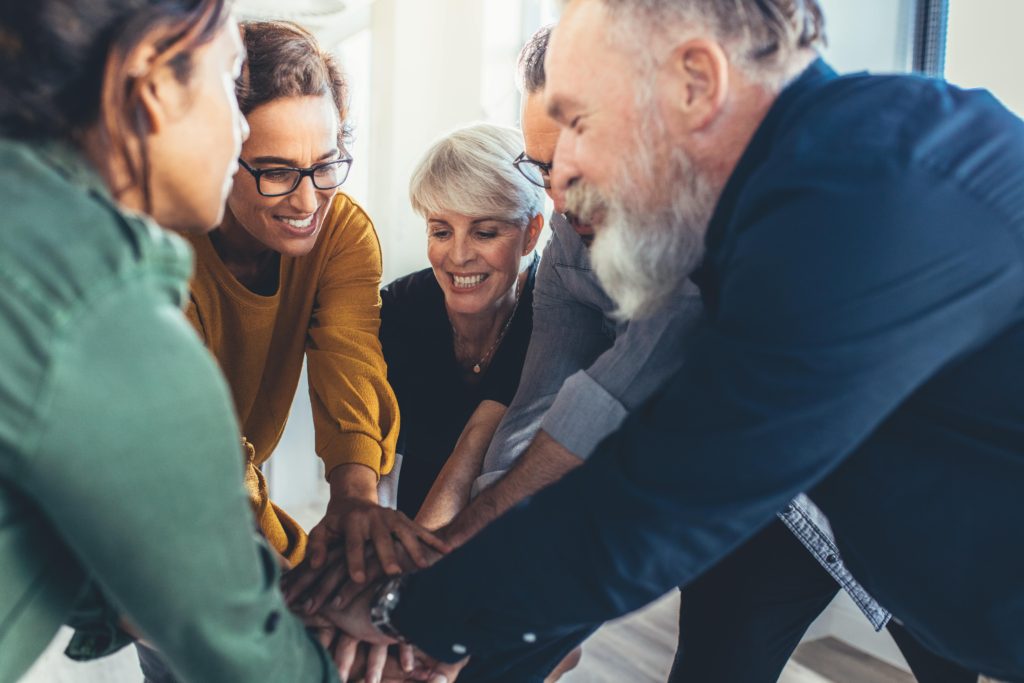
Community Resource Connections
Community Health Workers are part of a network of agencies serving refugees’ unique needs. CHWs link patients with other agencies in the network, as well as with a wide variety of community resources addressing needs impacting health, including food, transportation, finances, housing and social connections.
How can you help with refugees in our Community
For more ways to help refugees, visit International Rescue Committee for the complete list.
Volunteer
You may be able to help welcome refugees by becoming an Afghan Placement and Assistance (APA) Community Partner. Working with the IRC, these partners take on responsibilities for resettlement such as securing housing, greeting and welcoming families, providing food and other basic necessities, and connecting refugees to education, English classes and employment.
Share refugee stories
Refugees and asylum seekers are people with lives we can all recognize. They are mothers and fathers, daughters and sons. They are neighbors, teachers, students, business owners and employees—including the essential workers keeping us safe during the COVID-19 pandemic.
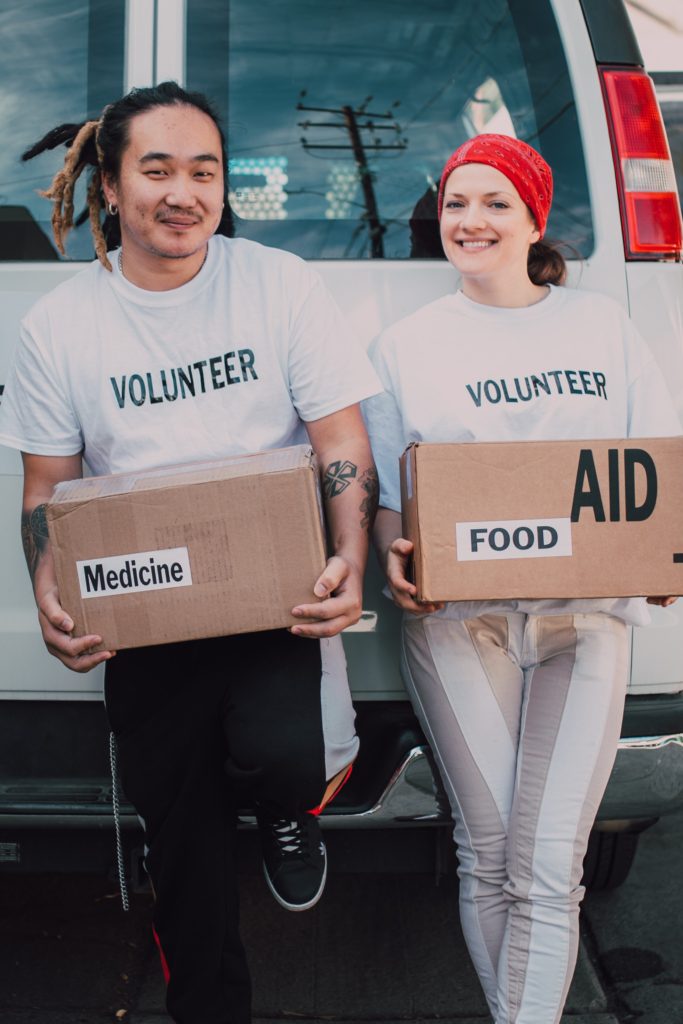
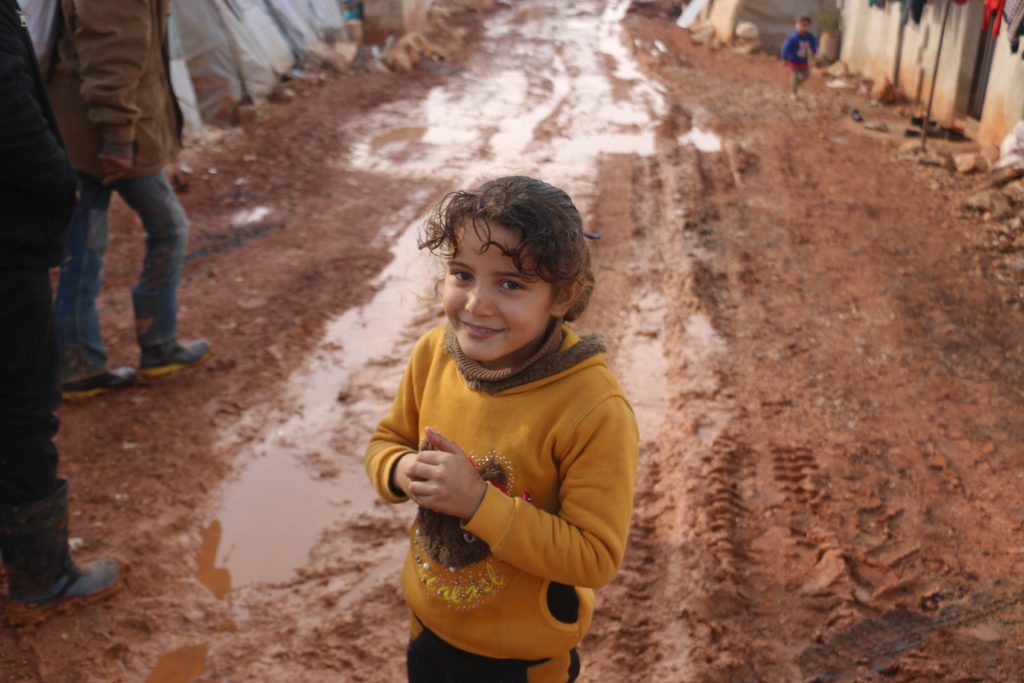
Welcome a refugee
Refugees moving to a new city face many challenges and stable housing can be hard to come by.Open your home to refugees in the U.S. in temporary need of shelter through IRC partner Airbnb. If you are a landlord, you can also help by renting to a newly-arrived refugee family.
Invest in a refugee’s future
Lend your support by frequenting local businesses run by refugees or by employing a refugee in your company and encouraging other businesses to do the same.
If you are seeking more ways and resources to help refugees, visit our sharing library to learn more!
Resettlement Network Service Providers
Check out the regions that offer family coaches, family assistants, community orientation workshops, immigration, and employment through Resettlement Network below!
This program is sponsored by the Minnesota Department of Human Services

